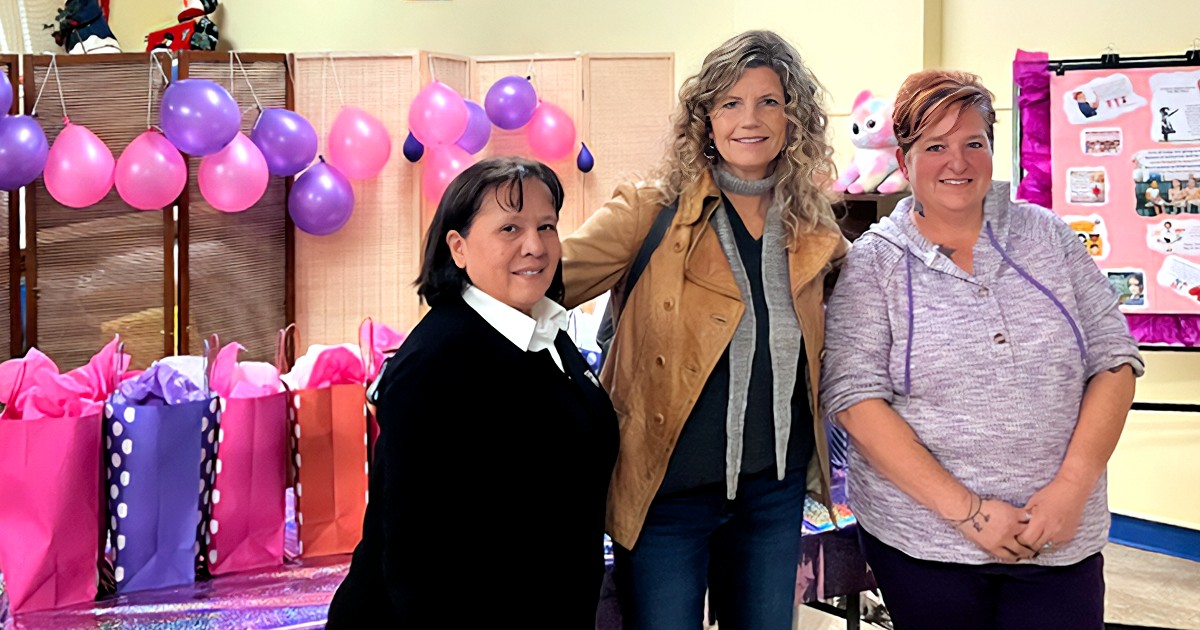I have a confession to make: I love coffee. In particular, Starbucks coffee. Nothing is more satisfying than walking into a Starbucks and enjoying the rich aroma of freshly ground beans while the barista prepares my order. I have visited Starbucks locations on four continents and once toured a coffee bean plantation, an official supplier, in Costa Rica. I am a dedicated Starbucks aficionado. The Starbucks experience has a way of connecting people and community, and it all relates directly to the leadership and vision of its former CEO, Howard Schultz.
In The Salvation Army, we accept change in leadership, but we don’t always appreciate it as much as we should, as personnel change is simply part of our organizational DNA. I remember one leader who arrived in the Ontario Central-East Division ready to engage with her leadership team and challenged each of us to read Schultz’s book, Onward.
At first I resisted this approach, but the emails persisted and I was encouraged to order a copy. After receiving one of these emails, I responded by inviting my new boss to join me for a latte at Starbucks every two weeks, where we could discuss and unpack a couple of chapters of the book through the lens of leadership and The Salvation Army. To my surprise, she quickly accepted my invitation. I ordered the book.
For several months, we met and discussed, analyzed and considered Onward from a leadership perspective. Since that time, I’ve worked through the book in a similar fashion with teams at divisional, territorial and international headquarters, and each group has offered unique and important viewpoints that have enriched our collective leadership journey.
For Schultz, leadership is about instilling confidence in others. Throughout history, there are examples of great leaders who have succeeded because of their willingness to consider varying opinions and perspectives. There are also examples of leaders who have failed because of their own insecurities. A wise leader values the counsel and advice of those around them, as it’s essential for leaders and organizations to understand and value the voice and input of all team members. When people are invited to speak into issues and share their opinion, they feel valued and appreciated and have ownership in the process and outcome.
For The Salvation Army to continue to grow, engage and be purposeful in ministry across the territory, we need to ensure that differing voices are heard and considered on key issues and opportunities. This is especially true for the communications team as we seek to support and engage internal and external stakeholders in our work, which is no easy task at times.
As I consider these early days in my new appointment as the territorial secretary for communications, I value and appreciate more than ever the rich diversity of leaders with whom I have been privileged to share in ministry. Having served on divisional staff for 15 years and at International Headquarters (IHQ), Booth University College and territorial headquarters, I have had the opportunity to work with and learn from a myriad of employees, officers and advisory board members. Additionally, my ministry at IHQ brought greater exposure to the internationalism of The Salvation Army, with travel to India, Africa, Southeast Asia and Europe, which helped me better understand the need to consider culture and context when making decisions.
I’m grateful to the many leaders who have played an important role in my life as an officer. These friends and mentors encouraged me to step outside my comfort zone, to share ideas and invited me to “lead up.” Just as these leaders have been encouraging, supportive and faithful, I pray that I, too, would continue to foster this same spirit of Christian leadership and perspective that has helped shape The Salvation Army and who I am as a leader. I look forward to continued growth and development as I engage with others in this journey of service through ministry in the years to come.
And now, in the spirit of learning and community, I’m off to Starbucks for a latte.
Lt-Colonel John P. Murray is the secretary for communications in the Canada and Bermuda Territory.
Feature photo: © Sergey Nivens/stock.Adobe.com
Coffee Talk
The value of listening to different voices.
by Lt-Colonel John P. Murray Opinion & Critical ThoughtBuilding a Better World Together
The Salvation Army celebrates International Development Week.
by Kyle Mangio FeaturesFrom February 1-7, 2025, the international development department holds a vibrant and immersive open house in honour of International Development Week, transforming their space at The Salvation Army’s territorial headquarters in Toronto into a lively, global showcase brimming with stories, laughter and hope.
Commissioner Lee Graves, territorial commander, spoke with Lt-Colonel Brenda Murray, director of the international development department, about the Self-Denial Campaign for the Salvationist podcast. Here is an excerpt from their conversation. Listen to the full interview below: Commissioner Lee Graves: When we think back to the beginning
Read More
New Westminster Citadel, B.C., Hosts Drop-In for Women and Girls
Corps creates a welcoming space to celebrate International Day of the Girl 2025.
by Abbigail Oliver NewsThe food bank at New Westminster Citadel, B.C., serves approximately 200 people weekly who come from the city and the surrounding communities of Coquitlam and Port Coquitlam. When Captains Jenny Marin and Carlos Cuellar became the corps officers in the summer of 2025, they recognized an opportunity to build a bridge between the corps on the
Read More










Leave a Comment